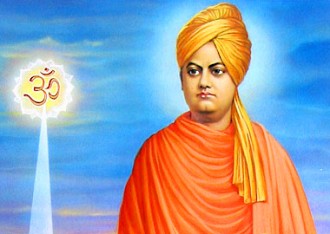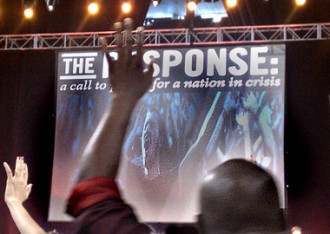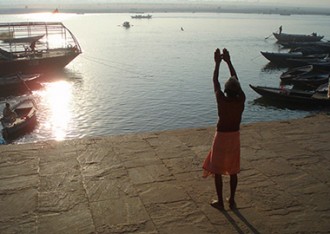
No, I Don’t Owe My Yoga Mat to Vivekananda
A recent NYT op-ed insists that it was Vivekananda who introduced yoga into the American “national conversation.” But that claim is flat-out wrong. I’m not suggesting that we ignore Vivekananda’s proven significance in the history and development of modern yoga, but the story is much more complex than what Bardach implies. She seems to suggest, after all, that it’s as simple as: Vivekananda introduced yoga to the West, “great minds” loved him, yoga was eventually co-opted by New Age baby-boomers, and it all went downhill from there.
Read More






